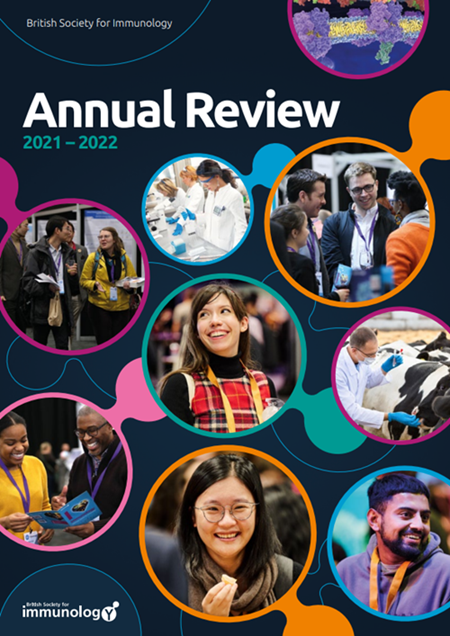Beyond the Barrier: Unraveling the Mechanisms of Immunotherapy Resistance
IF 33.3
1区 医学
Q1 IMMUNOLOGY
引用次数: 0
Abstract
Immune checkpoint blockade (ICB) induces a remarkable and durable response in a subset of cancer patients. However, most patients exhibit either primary or acquired resistance to ICB. This resistance arises from a complex interplay of diverse dynamic mechanisms within the tumor microenvironment (TME). These mechanisms include genetic, epigenetic, and metabolic alterations that prevent T cell trafficking to the tumor site, induce immune cell dysfunction, interfere with antigen presentation, drive heightened expression of coinhibitory molecules, and promote tumor survival after immune attack. The TME worsens ICB resistance through the formation of immunosuppressive networks via immune inhibition, regulatory metabolites, and abnormal resource consumption. Finally, patient lifestyle factors, including obesity and microbiome composition, influence ICB resistance. Understanding the heterogeneity of cellular, molecular, and environmental factors contributing to ICB resistance is crucial to develop targeted therapeutic interventions that enhance the clinical response. This comprehensive overview highlights key mechanisms of ICB resistance that may be clinically translatable.Expected final online publication date for the Annual Review of Immunology, Volume 42 is April 2024. Please see http://www.annualreviews.org/page/journal/pubdates for revised estimates.超越障碍:揭示免疫疗法的抗药性机制
免疫检查点阻断疗法(ICB)可诱导一部分癌症患者产生显著而持久的反应。然而,大多数患者对 ICB 表现出原发性或获得性耐药性。这种耐药性来自肿瘤微环境(TME)中各种动态机制的复杂相互作用。这些机制包括遗传学、表观遗传学和新陈代谢的改变,这些改变阻碍了 T 细胞向肿瘤部位的迁移,诱发免疫细胞功能紊乱,干扰抗原呈递,驱动共抑制分子的表达,并促进肿瘤在免疫攻击后的存活。TME通过免疫抑制、调节性代谢产物和异常资源消耗形成免疫抑制网络,从而加剧了ICB的抗药性。最后,患者的生活方式因素(包括肥胖和微生物组组成)也会影响 ICB 抗药性。了解导致 ICB 耐药性的细胞、分子和环境因素的异质性对于开发能增强临床反应的靶向治疗干预措施至关重要。这篇全面的综述强调了ICB耐药性的关键机制,这些机制可能可用于临床。《免疫学年刊》(Annual Review of Immunology)第42卷的最终在线出版日期预计为2024年4月。修订后的预计日期请参见 http://www.annualreviews.org/page/journal/pubdates。
本文章由计算机程序翻译,如有差异,请以英文原文为准。
求助全文
约1分钟内获得全文
求助全文
来源期刊

Annual review of immunology
医学-免疫学
CiteScore
57.20
自引率
0.70%
发文量
29
期刊介绍:
The Annual Review of Immunology, in publication since 1983, focuses on basic immune mechanisms and molecular basis of immune diseases in humans. Topics include innate and adaptive immunity; immune cell development and differentiation; immune control of pathogens (viruses, bacteria, parasites) and cancer; and human immunodeficiency and autoimmune diseases. The current volume of this journal has been converted from gated to open access through Annual Reviews' Subscribe to Open program, with all articles published under a CC BY license.
 求助内容:
求助内容: 应助结果提醒方式:
应助结果提醒方式:


